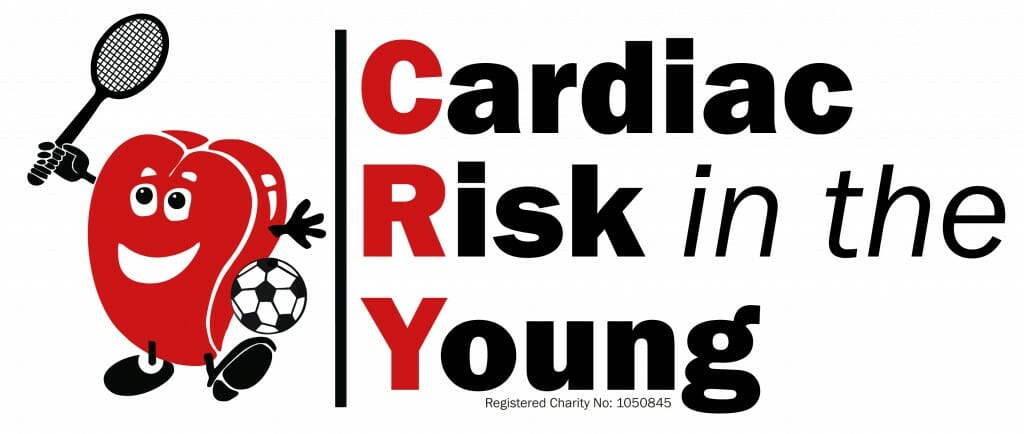Living with Wolff-Parkinson-White syndrome
When I was 19 I was woken by a paramedic at 3am one morning. The paramedic had been called by my partner because I had stopped breathing and started fitting in my sleep.
Subsequently I was told that I was “stressed and its nothing to worry about”!
I kept getting severe palpitations – often out of the blue – which would make me pass out at times and feel quite sick.
I was still informed I was having severe panic attacks and learnt to deal with these symptoms.
On New Year’s Day in 2001, I collapsed with a severe chest pain and palpitations of 228 bpm. I was rushed in to hospital where they had to stop my heart beat and revive me. After several days of very frightening tests I was finally diagnosed as having what was then thought to be a very rare heart condition – Wolff-Parkinson-White syndrome (WPW). I was sent home to live ‘a normal life’ on two beta-blockers a day.
Two days later I was being revived by paramedics in my bed, as again I had turned blue with a heart rate going up to 200-240bpm and had started to fit. That night I was rushed into hospital and operated on within hours to undergo the cardiac ablation procedure.
After five hours in surgery and a week in hospital to recover I was informed how lucky I was to have gone through such a traumatic experience.
To this day I am grateful to still be here, and even more grateful to have had my daughter after being told that my heart may not be strong enough to go through pregnancy. I do still suffer palpitations and chest pains and continue to undergo tests and wear heart monitors several times a year.
